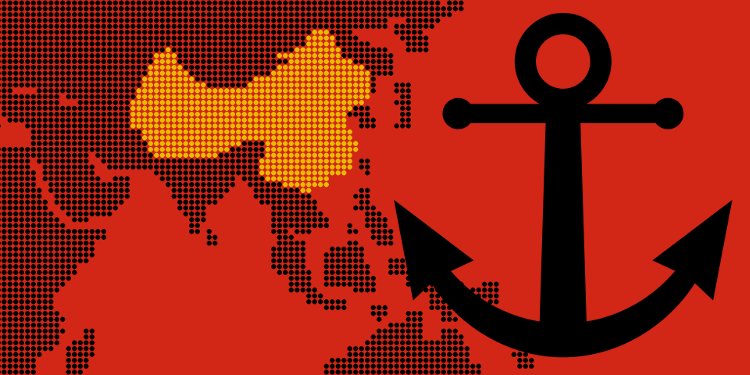Ri Yong-gil was said to be executed in Korea. He wasn’t seen in his usual place in public with Great Successor Un. This just after the satellite launch, which led to more sanctions approved by the Senate.
Hong Kong cracked down on some unlicensed food vendors in the streets of Mong Kok. People responded by throwing and burning things. Their view is clear, as is the view of Hong Kong’s government. China remarked about “terrorist tendencies”. Hong Kong’s finance minister, Tsang (曾俊華), implied the Biblical story of Solomon’s judgment of two women in writing, “A mother who truly loves her son would not saw him in half and would never themselves be the executioner.” It is good to see that China did not rebuke a government leader for studying the Bible.
China is losing money. It also lost a bank. But, so what. China is oblivious to its own past with which it haunts itself. HSBC has reviewed Hong Kong again, for a possible location. HQ-ing in HK could save $14B. But, again, no. Tienanmen scared them too much. Even after 25 years, old fears don’t die easily, especially when they don’t have a reason to.
It’s somewhat ironic, though. Asia is responsible for much of HSBC’s revenue. Or, maybe it’s not ironic since that “is” seems to be changing into more of a “was”. Asia “was” responsible for much of HSBC’s revenue. It seems that the West has profited and, now, has picked up, packed up, and isn’t coming back. And, what should that tell us?


